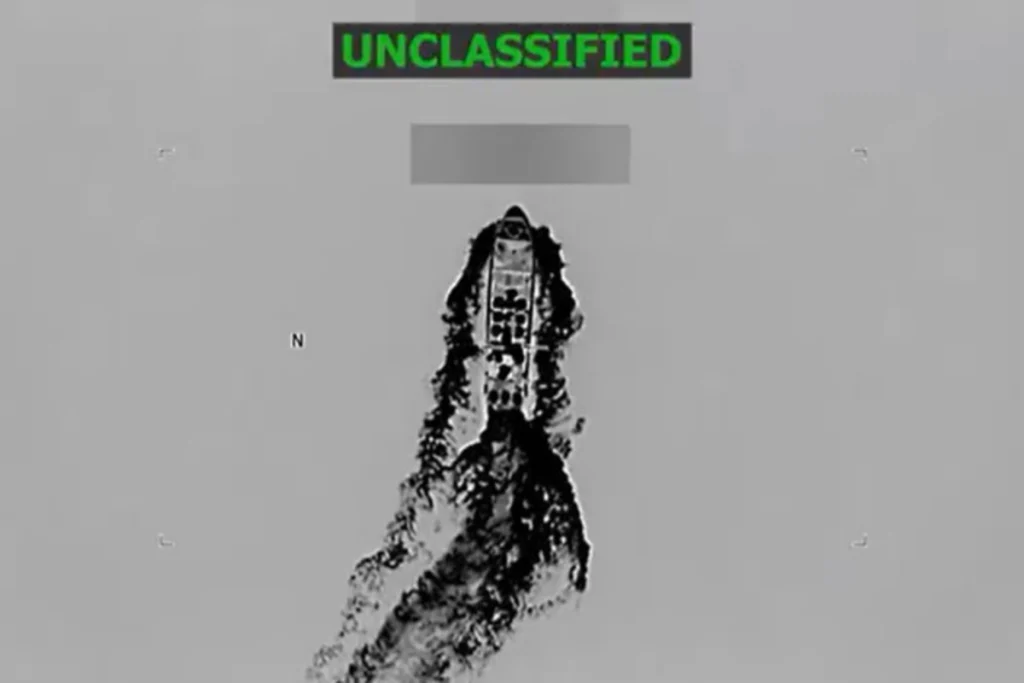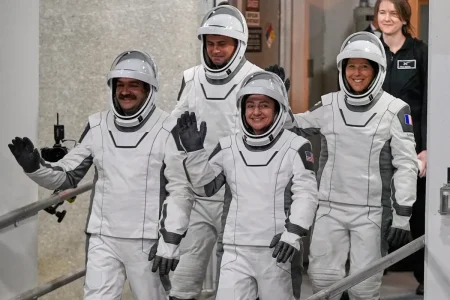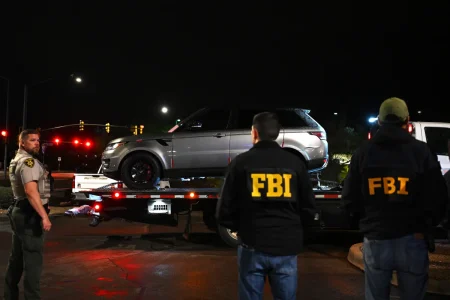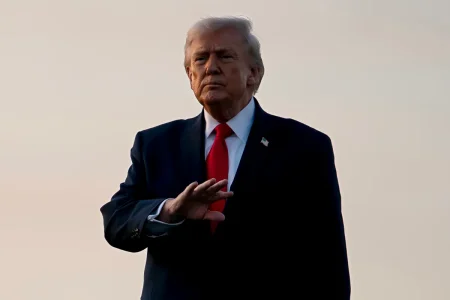The War on Drug Trafficking: U.S. Military Strikes in the Caribbean
In a significant escalation of America’s war on drugs, Defense Secretary Pete Hegseth recently shared details of a lethal strike against an alleged narcotics smuggling vessel in the Caribbean near Venezuela. The operation, which killed three individuals described by U.S. officials as “narco-terrorists,” represents the fifth such strike since early September. Through social media, Hegseth provided video evidence of the explosion and stated that intelligence confirmed the vessel was “traveling along a known narco-trafficking route, and was transporting substantial amounts of narcotics.” This aggressive approach reflects the Trump administration’s hardline stance on combating drug trafficking, particularly the flow of deadly fentanyl into the United States, which has claimed tens of thousands of American lives in recent years.
The strikes are part of a broader strategy to confront what the administration views as a direct threat to national security. By targeting vessels allegedly affiliated with groups like the U.S.-designated terrorist organization Ejército de Liberación Nacional (ELN), American officials are treating drug traffickers as “unlawful enemy combatants” rather than conventional criminals. This framework allows for military action outside traditional law enforcement boundaries. The approach appears to be yielding some positive results, with CDC data showing opioid-related overdose deaths decreasing from 110,037 in 2023 to 80,391 in 2024. For the Trump administration, which has made combating the opioid crisis a central policy focus, these operations represent a direct assault on the sources of illicit drugs that devastate American communities.
However, the military strikes have ignited fierce opposition from regional leaders and sparked debate about presidential war powers. Venezuelan President Nicolás Maduro and Colombian President Gustavo Petro have condemned the operations as violations of sovereignty, with Petro characterizing them as “murder.” Both leaders have suggested that those killed may not be hardened criminals but vulnerable youth caught in difficult circumstances. The diplomatic fallout intensified when President Trump accused Petro of being “an illegal drug leader strongly encouraging the massive production of drugs,” announcing the immediate cessation of U.S. payments and subsidies to Colombia. Trump further warned that if Colombia doesn’t “close up these killing fields immediately,” the United States will do so, and “it won’t be done nicely.”
The strikes have also generated significant controversy within the United States, with lawmakers from both parties questioning their legal justification. Senator Rand Paul, a Kentucky Republican, criticized the operations, stating, “When you kill someone, you should know, if you’re not at war, not in a declared war, you really need to know someone’s name at least.” Democratic Senator Tim Kaine of Virginia has taken more concrete action, introducing a joint resolution with bipartisan support to prevent the president from taking military action in Venezuela without congressional authorization. These objections center on constitutional concerns about war powers and whether the president has the authority to order lethal strikes without congressional approval when no formal declaration of war exists.
The White House has defended its actions as necessary measures against “designated narcoterrorists bringing deadly poison to our shores.” Administration officials emphasize that the president will continue using “every element of American power” to prevent drugs from entering the country and to bring traffickers to justice. Defense Secretary Hegseth’s statement that “the United States military will treat these organizations like the terrorists they are—they will be hunted, and killed, just like Al Qaeda” signals an uncompromising approach. This framing attempts to justify the operations within the context of national security and counterterrorism rather than conventional drug enforcement, though critics argue this represents an overextension of executive power.
Looking ahead, the situation appears poised for further escalation. The Trump administration has announced plans to expand military interventions against suspected drug traffickers through a new Joint Task Force led by U.S. Southern Command. Meanwhile, Venezuela has threatened to declare a state of emergency and vowed to defend its sovereignty. The upcoming Senate vote on the joint resolution introduced by Senators Kaine, Schiff, and Paul could potentially limit the administration’s ability to conduct military operations in the region without congressional approval. This brewing conflict highlights the complex interplay between domestic drug policy, foreign relations, and constitutional questions about war powers. As the United States takes increasingly aggressive measures to combat drug trafficking, the international and domestic repercussions continue to unfold, raising profound questions about the proper balance between national security concerns and respect for international law.














